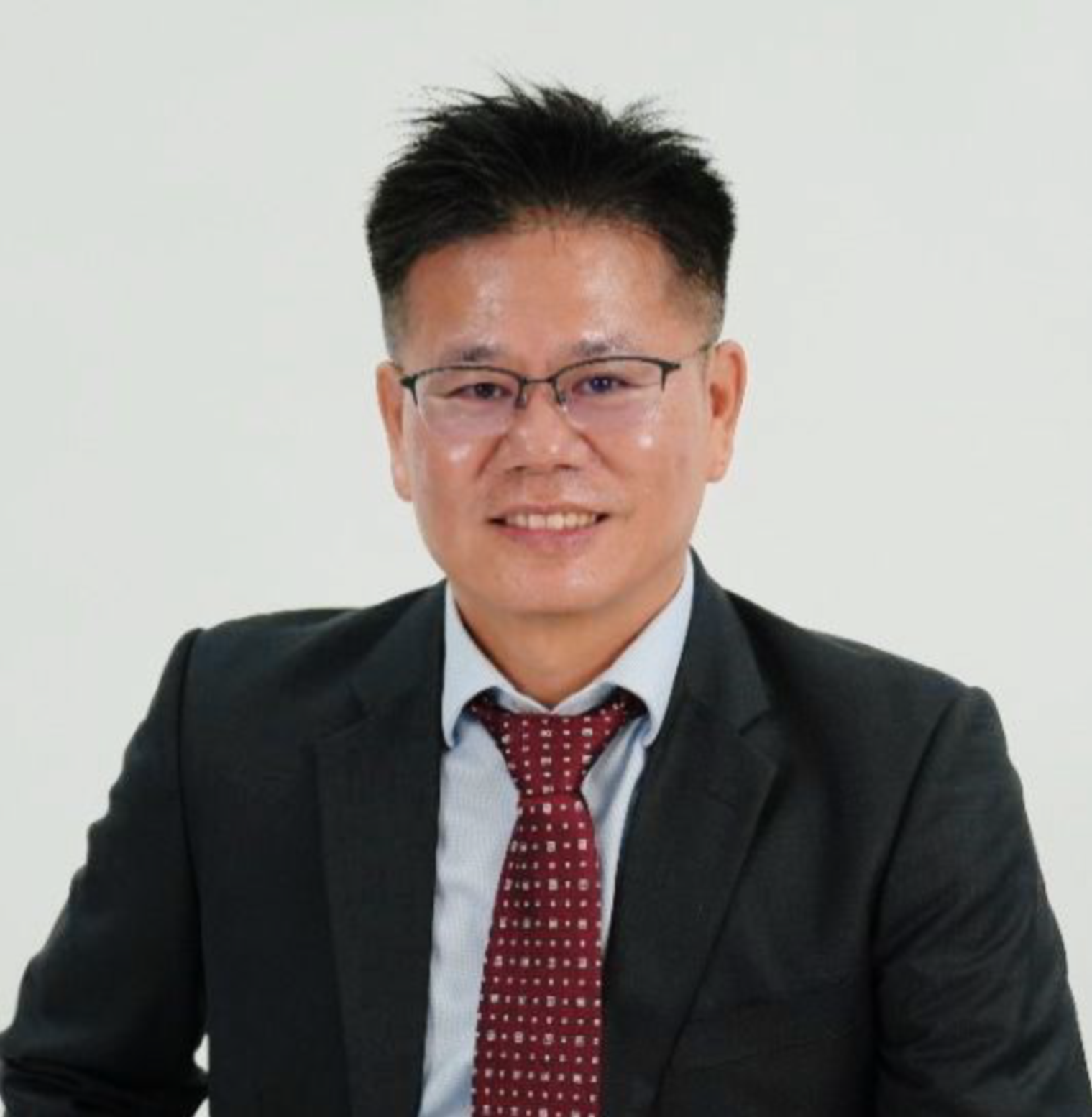
Prof. LING Tau Chuan
Universiti Malaya, Malaysia
Title: Biodegradable Hydrogel-Biochar Composite for Water Retention in Sustainable Agriculture
Abstract:
Water retention agents (WRAs) are crucial for improving agricultural water usage efficiency, especially in arid areas. However, conventional WRAs, primarily composed of synthetic polymer hydrogels, exhibit poor biodegradability and raise environmental concerns. A hydrogel-biochar composite (CMC-H-B) was created to overcome these constraints, utilizing carboxymethylcellulose (CMC) as the polymer matrix, epichlorohydrin (ECH) as the crosslinking agent, and rice husk biochar as the filler under optimized NaOH conditions. The swelling behavior of the composite was evaluated in various liquid environments with different pH values and salt concentrations to assess its comprehensive water absorption capacity (WAC). To investigate its potential application, the composite was incorporated into soils of different textures to analyze its impact on soil water holding capacity (WHC) and water retention capacity (WRC). Biodegradability and seed germination studies were conducted to determine its agricultural suitability. The optimized CMC-H-B exhibited a WAC of 3240.07 g/g in dH2O and maintained structural stability after full swelling. Compared to the commercial WRA (potassium polyacrylate), CMC-H-B demonstrated a higher WAC in various liquid environments. It effectively enhanced soil WHC and WRC (comparable to the commercial WRA), while being safer for the environment and plant growth. These findings underscore the promise of CMC-H-B as an innovative water-retention agent, especially for use in coarse soils within water-scarce regions.
Biography:
LING Tau Chuan is a Professor at the Universiti Malaya.
Tau Chuan graduated from the Universiti Putra Malaysia with a Degree in Biotechnology and stayed on to undertake MasterEnvironmental Engineering study. He then completed a PhD at the University of Birmingham, UK with Prof Andrew Lyddiatt looking intodevelopment of cost-effective proteins downstream processing techniques.
Following graduation in 2002, Tau Chuan joined the Universiti Putra Malaysia as a lecturer.
Since joining the Universiti Malaya, Tau Chuan has established an internationally recognised research activity in proteins downstreamprocessing and bioprocess engineering, funded by Government of Malaysia and industries. Tau Chuan is a Fellow of the Institution ofChemical Engineers and a Chartered Engineer. He is listed in the UM Researchers Top 2% Scientists by Stanford University and wasawarded the Young Asian Biotechnologist Prize 2017 from The Society for Biotechnology, Japan. He has served as a visiting professorfor several universities including Nanjing Agricultural University, Tsinghua University, Xiamen University, Lund University, National ChengKung University, Canterbury University and Kobe University.
Tau Chuan’s expertise is in bioseparation technology and bioprocess intensifi cation. He is internationally recognised for innovativework on the development of new and/or improved bioprocess separation and analytical techniques. He is especially well known for hiswork on primary capture technology, notably for inventing the technique known as aqueous two-phase systems and continuing theadvancement of this and other separation techniques for large-scale application in the biopharmaceutical and nutriceutical sectors,and for his contributions to the advancement of adsorbent design and Fluidised Bed Adsorption technology. His current researchmainly focuses on bioseparation, bioprocessing, green chemistry, and bioprospecting of microorganisms for useful biomolecules.